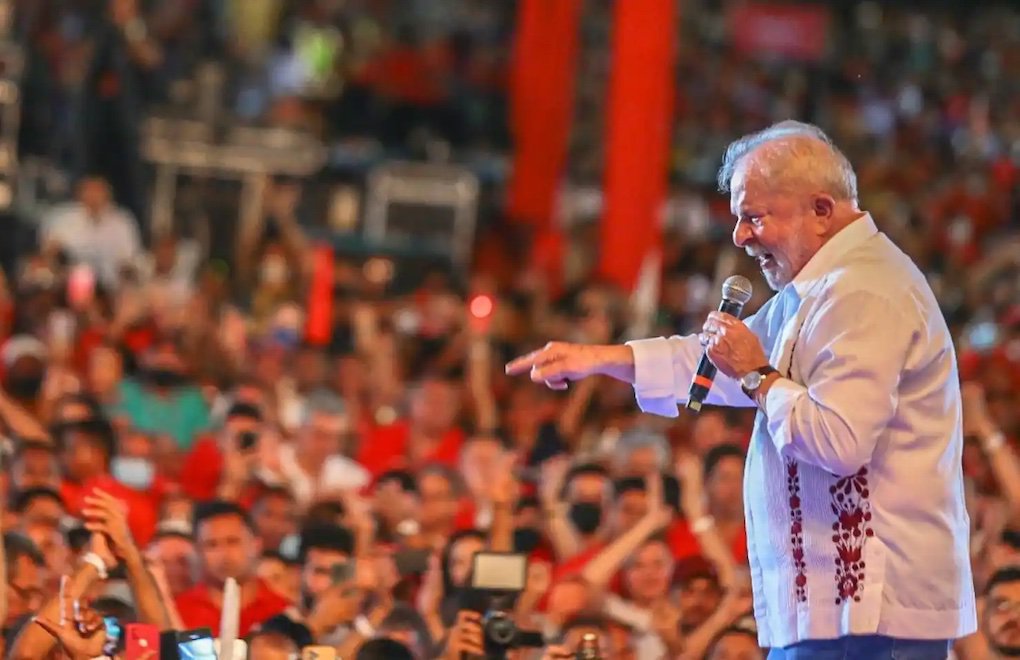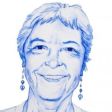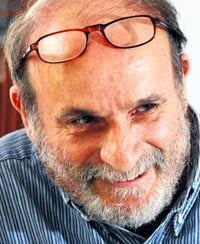Turkeys Kurds Look to Ankara
Northern Iraqi Kurds have long stepped across Ankaras Red Line as they took control over Mosoul and Qirquq early April, and challenged Ankaras Kurdish policies but Turkeys Kurds and particularly the Kurdish guerrillas, contrary to Ankaras nightmares have apparently distanced themselves from the emergent Kurdish administration in Northern Iraq instead of finding a there a role model for their future.
And Ankara, instead of sending troops on Northern Iraqi Kurds have sufficed with appointing a dozen observers who are tasked with cooperating with the new Kurdish administrators of Northern Iraq.
An official document issued in 2002, had however declared that "ethnic minorities in Iraq should be prevented from establishing separate administrations." Dubbed by the military circles as the Red Line, a certain clause in the document code-named B.020 further said: "Declarations in this direction will be a cause for intervention on our part.
It fully depends on Turkeys attitude how the developments in Northern Iraq might affect Turkeys Kurds, says lawyer Kemal Parlak, from independent Kurdish democratic initiative DEMOS (Democratic Reconciliation and Solution to Kurdish Question).
A federal political structure in Iraq and Kurds participation in the government with their Kurdish identities, would indeed affect the situation in Turkey very positively, Parlak told IPS.
Parlak, contrary to Turkeys doubts and fears, rules out the prospect that Kurdish autonomy in Iraq might incite steps in the direction of an independent Kurdish state.
Should Turkey implement democratic reforms, grant cultural rights to Kurds and other ethnic groups and reinforce the authority of local governments, Turkeys Kurds would stick to their Turkish citizenry, not the vice versa, he observes.
Abdullah Ocalan, the Kurdish guerrilla leader, who serves his life time sentence in the maximum security prison on Imrali Island 30 miles to the south of Istanbul too, sharply criticizes the emergent Kurdish administration in Northern Iraq.
Two paths exist before the Kurds in the Middle East: The nationalist dead-end, what is now taken in Northern Iraq and the democratic alternative what I have been pursuing, Ocalan told in a recent letter smuggled out of Imrali prison.
The democratic alternative does not necessarily target establishment of a Kurdish state but urges for democratic reforms in the particular countries where Kurds are inhabited, he underlined.
Divided into four parts after the collapse of the Ottoman Empire in 1918, Kurdish inhabited former Ottoman territory is now home to 16 million Kurds, 12 million living in Turkey. An additional two million Kurds live in northern Iraq, one million in Iran and fewer than one million in Syria.
The PKK (Kurdistan Workers Party), which declared war against Ankara for Kurdish self determination in 1984, built rear bases in northern Iraq and recruited guerrillas from among the Iraqi Kurds. The PKK leader, Abdullah Ocalan, based his headquarters in the Syrian capital, Damascus, throughout 15 years of bitter armed conflict.
During the war, particularly after the abortive Kurdish uprisings which followed the Iraqi defeat in the Gulf War in 1991, PKK influence in northern Iraq grew considerably. In response, Ankara felt compelled to extend its operations deep into northern Iraq.
Turkish forces staged countless cross-border operations, the biggest in 1996 when Turkish troops inflicted around 2,000 PKK casualties. This 1996 incursion considerably undermined The PKK's fighting force and strategic balance.
Having left behind 30,000 deaths and a devastated countryside, the armed conflict between the PKK and Turkey reached a de facto stand-still in 1999 when Abdullah Ocalan was extradited from Damascus and handed over to Turkey by the Kenyan police under apparent US supervision.
After a brief trial at which Ocalan was condemned to death in July 1999, his sentence was converted to life time imprisonment in 2001 under amendments in Turkish Law and the PKK leader was placed in the Imrali Island prison in maximum isolation.
In 1999, the PKK declaring unilateral truce disbanded itself to regroup under the honorary leadership of Ocalan as Kurdistan Freedom and Democracy Congress (KADEK).
European Human Rights Court, upon his lawyers appeal, has recently decided that Ocalan was not subject to "a fair trial," though the court did not discuss the fairness of the penalty itself.
Ironically, Ocalan in his letter, charges the European Union as well as the United states with imposing the nationalist line on the Northern Iraqi Kurds, vis-à-vis his democratic alternative.
Hasip Kaplan, a prominent Kurdish lawyer, points to differences between the socio-political conditions encircling the Kurds of Turkey and Iraq.
Iraq and Turkey are different. The problems of Kurds in Turkey will be resolved within the unitary structure of the Turkish Republic in the process Ankaras accession to European Union (EU) membership, through reforms on the guidelines of EUs Copenhagen Criteria, Kaplan believes.
Albeit Turkey has lived through 15 years of armed conflict between Kurdish guerrillas and the Turkish government, the country has been able to avoid such grave traumas Iraq has suffered under Saddam rule, Kaplan told IPS.
Contrary to Iraqi Kurds concentrated existence in mainly two enclaves of Suleimania and Irbil, to the North of Iraq, most of Turkeys Kurds, due to constant emigration in the last 50 years and to forced depopulation polices during the years of war, 1984-99, have been living in bigger Western cities such as Istanbul, Izmir, Adana and Mersin, outside of traditional Kurdish settlements in southeast Turkey.
The KADEK, echoing Ocalans alternative, has last week issued a declaration for reconciliation based on unity of Kurds and Turks in a democratic state. KADEK urges for immediate reforms to incorporate Turkeys Kurds in the Turkish political system, what they believe grant Turkey invaluable hegemony over the Kurds of the region.
A period of uncertainty haunts over the region, observes political analyst Merdan Yanardag from Istanbul. There still remains an inflammable situation.
Yet, the supporters of the Kurdish political parties in Turkish southeast have remained indifferent to ascension to local power of Mesoud Barzanis Kurdistan Democratic Party (KDP) and Jalal Talabanis Patriotic Union of Kurdistan (PUK), Yanardag told IPS.
Ironically, the tribal chieftains, who have comprised the core of Turkeys paramilitary village guard system during the guerrilla war days, will be most directly attracted by the new local power in Northern Iraq, but not the sympathizers of Abdullah Ocalan. (NM/EK)
The long and hot summer ahead
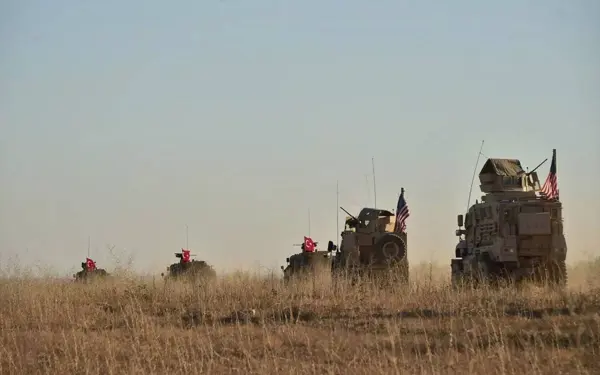
'Shamelessness'
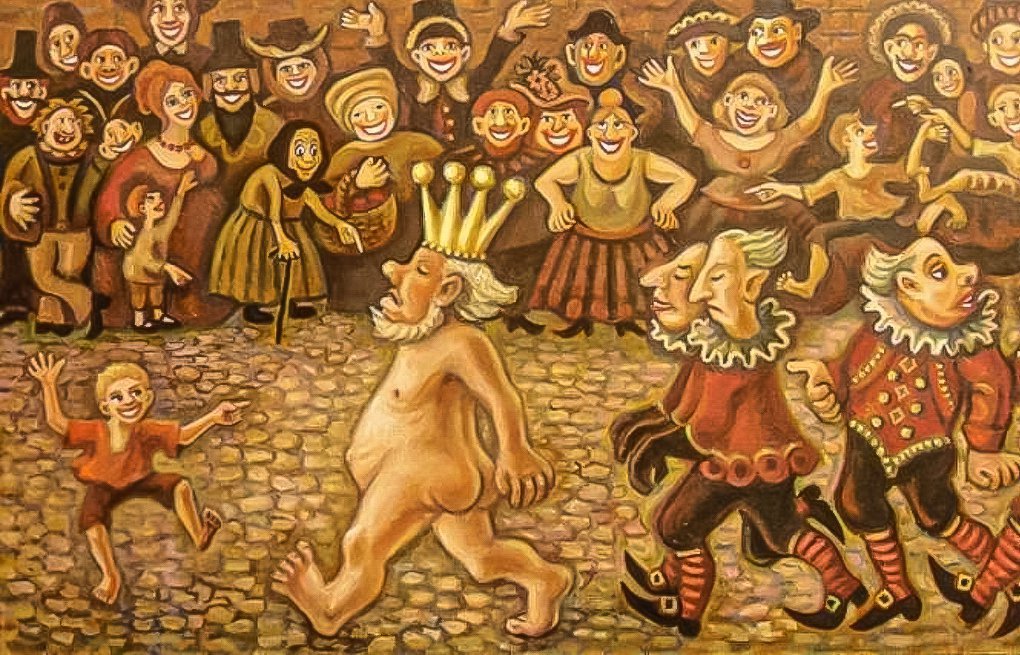
LEFT TIDE IN LATIN AMERICA-III
The new task: 'To contribute the reintegration process, to recover the lessons of the Cuban revolution'
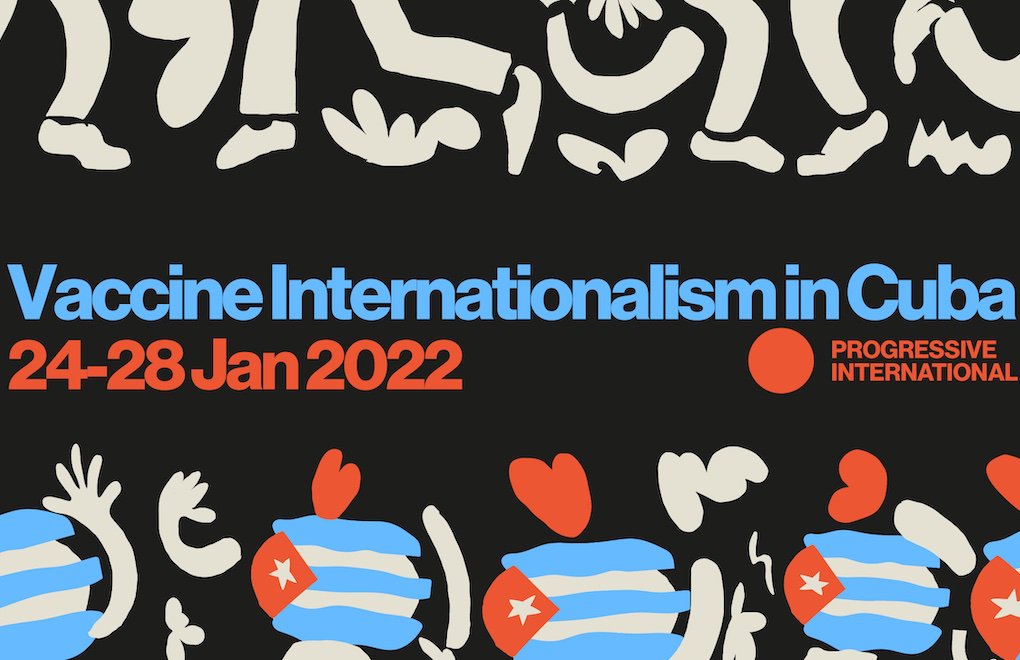
LEFT TIDE IN LATIN AMERICA-II
An International to accompany the continental rise of the Left
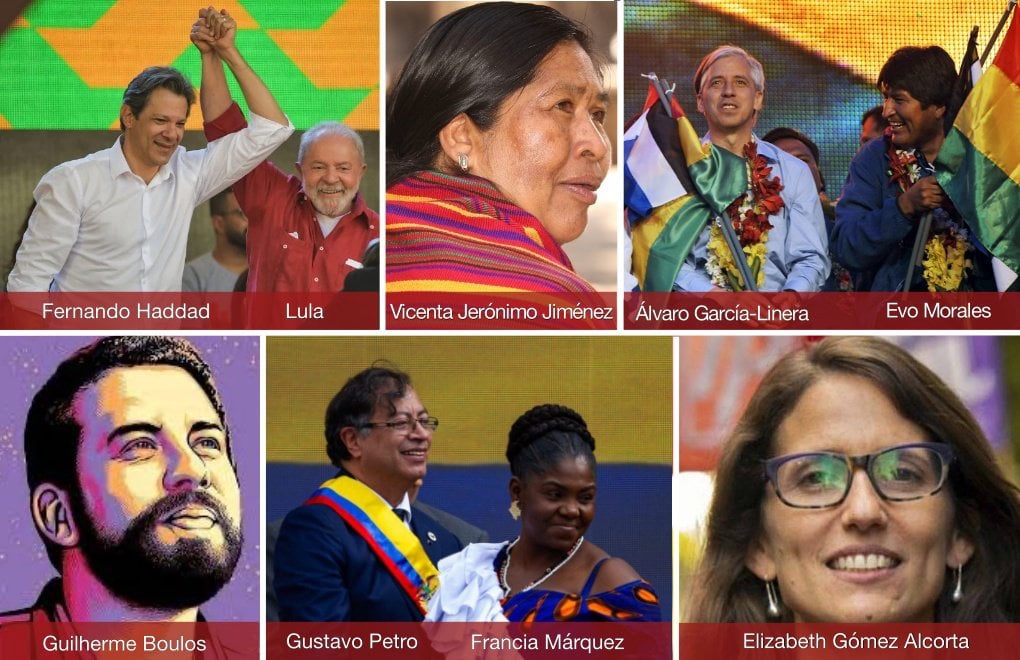
LEFT TIDE IN LATIN AMERİCA-I
David Adler: "A new vision that is feminist, ecologist, and pluralist"
